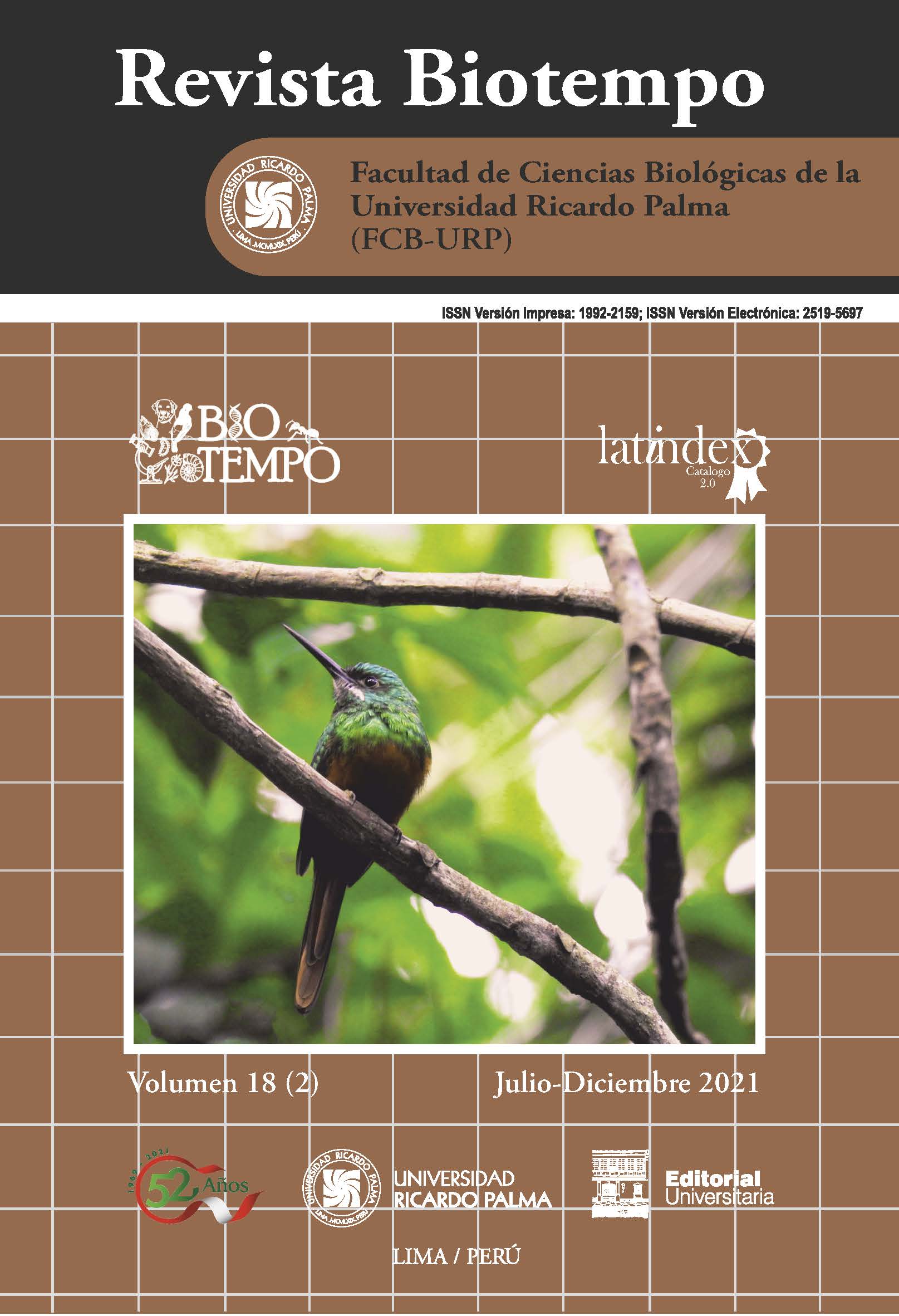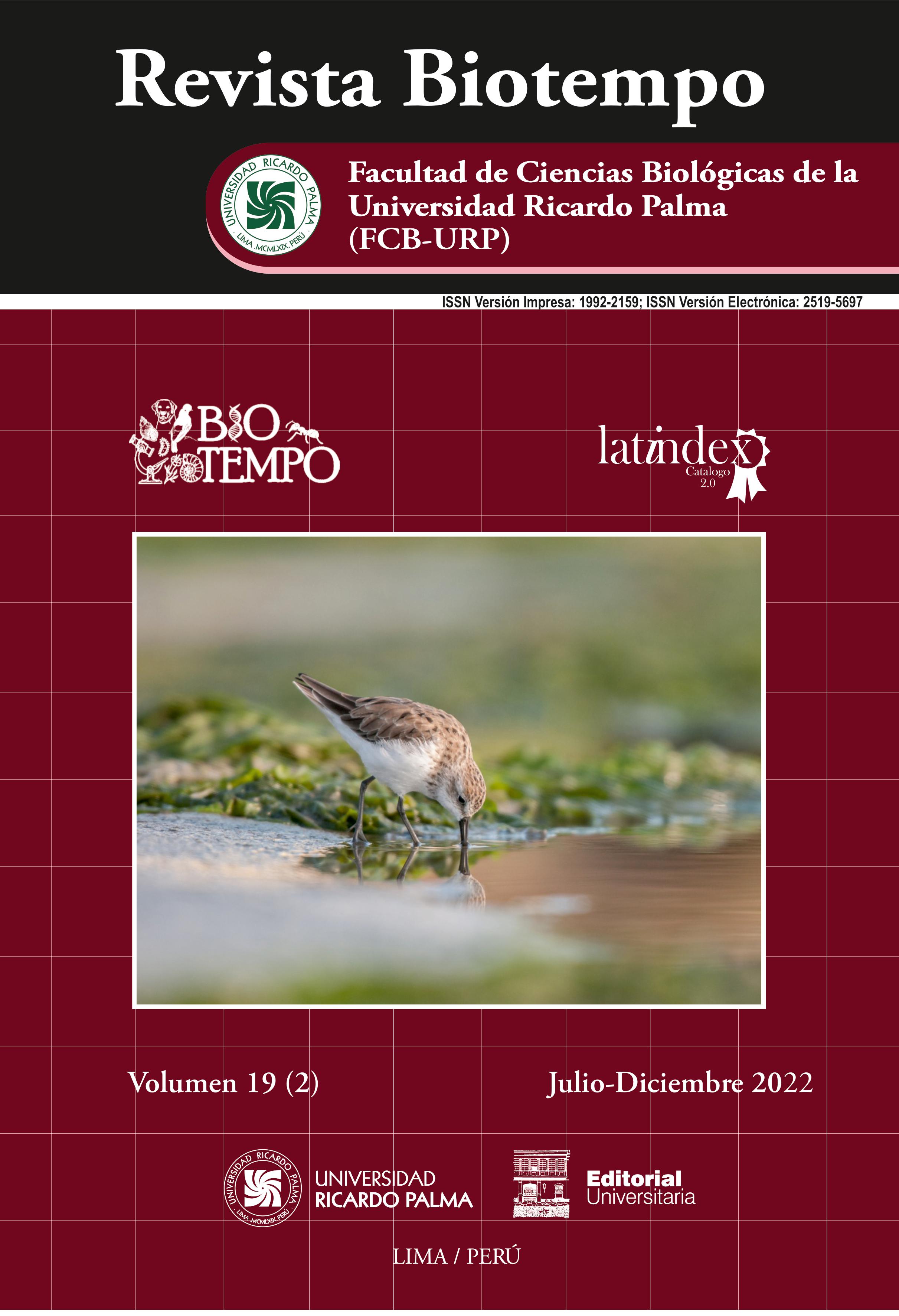DECOLONIZATION OF EPISTEMOLOGICAL THOUGHT IN LATIN AMERICA: COVID-19 PANDEMIC, CLOSER SOCIAL EVIDENCE
DOI:
https://doi.org/10.31381/biotempo.v18i2.4320Keywords:
community practice, human security, idiosyncrasy, regional history, thoughtAbstract
Any global crisis will be more damaging in regions such as Latin America and the main solutions should not come from a pattern of technoscience that exists in developed countries. Given the health situation that occurs on the planet, prevention models are inherited and even hospital and community treatment practices that in various settings are incomprehensible and inappropriate. Th e objective of this note was to communicate the perception of decolonizing epistemological thinking in Latin America as the closest social evidence since the COVID-19 pandemic. Th e conceptual operability of resources, interpretation and productive modes of knowledge always prevent non-adjustable or delayed programs from being interpolated and that are probably contradictory to the conditions and refl ective forms in each territory.










